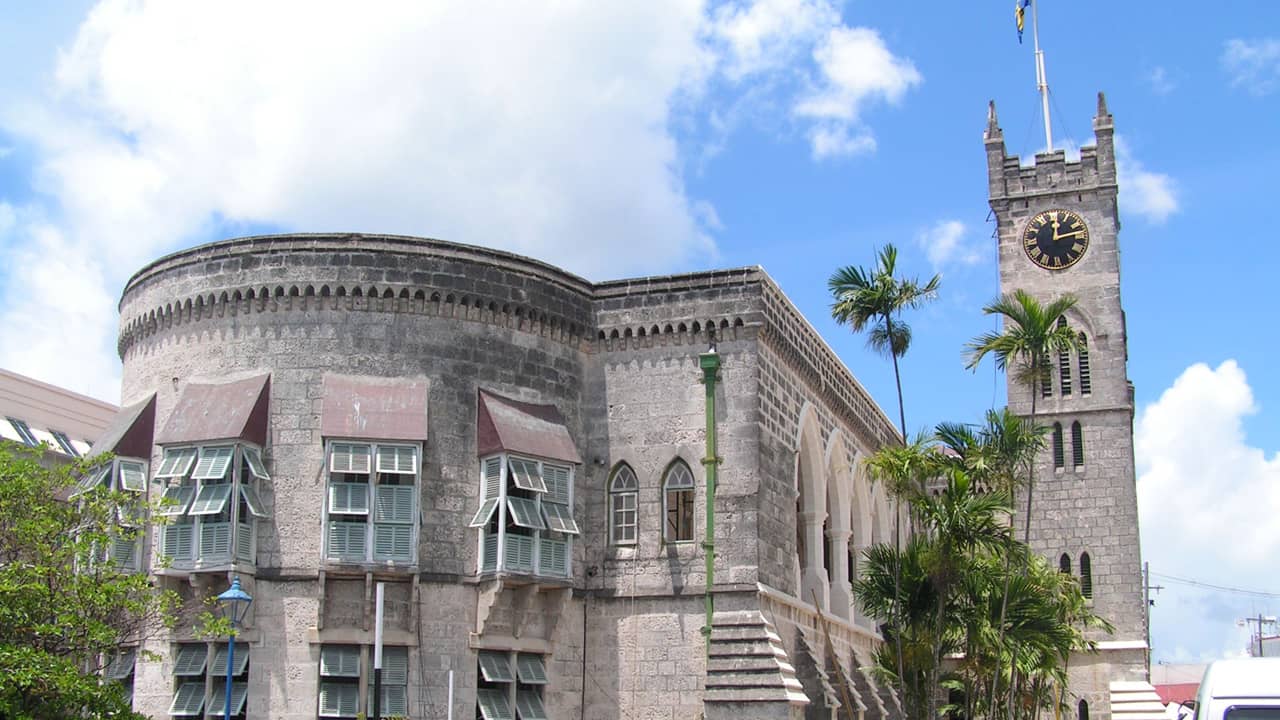***46th PGA Annual Forum and 4th Consultative Assembly of Parliamentarians for the Oceans, 26 - 27 March 2026, Mexico City. *** REGISTER HERE

New York/Bridgetown, August 11, 2020 – Parliamentarians for Global Action (PGA) congratulates the Parliament of Barbados for adopting the Employment (Prevention of Discrimination) Act 2020, which protects various categories of individuals from workplace discrimination, including those of diverse sexual orientation.
The House of Assembly passed the bill on July 29 with the Senate voting to adopt it a week later, on August 5, 2020.
The Employment Act 2020 revises some descriptions of other prohibited grounds for termination of employment outlined in the Employment Rights Act of 2012, which, for example, only covered bias against workers with HIV/AIDS by the prohibition provision based on a worker’s “medical condition.” It also gives employees the ability to appeal to the Employment Rights Tribunal if a formal complaint of discrimination in the workplace has not been adequately addressed.
PGA commends members of Parliament for this important initiative that will guarantee, by law, equal access to employment and adequate redress in case of discrimination for many Barbadians, and looks forward to working with MPs and local civil society to guarantee that transgender and gender non-conforming people are also protected from discrimination in the workplace.
Legal protections for equal and non-discriminatory access to employment for all individuals promote individual well-being, a path to decent work and livelihoods, and inclusive economic growth.
Barbados, a State party to the American Convention on Human Rights, is a step closer to fulfilling its obligations to prevent all forms of discrimination, including on the grounds of sexual orientation as well as gender identity and expression, and could become a model of commitment to equality and inclusion of all individuals in the Caribbean.